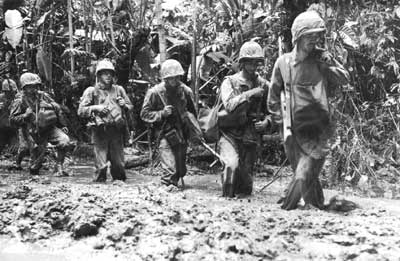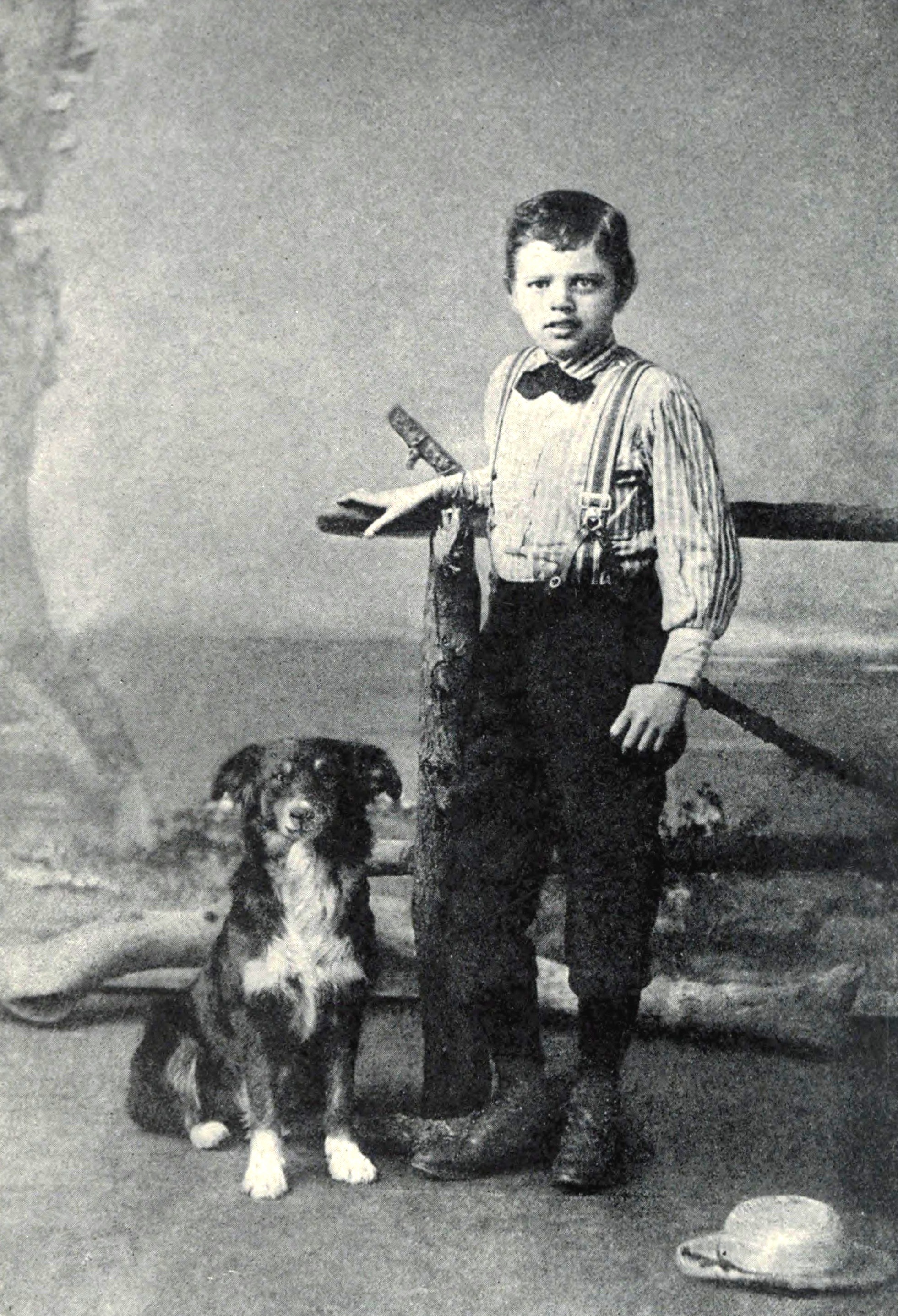|
Langa Langa Lagoon
Langa Langa Lagoon or ''Akwalaafu'' is a natural lagoon on the West coast of Malaita near the provincial capital Auki within the Solomon Islands. The lagoon is 21 km in length and just under 1 km wide. The "lagoon people" or "salt water people" live on small artificial islands built up on sand bars over time where they were forced to flee from the headhunters of mainland Malaita. The islands in the lagoon are renowned for their shell money minting process, their "shark worship" beliefs, their shipbuilding skills and tourism. The most popular and well known of this islands is Laulasi which has had a thriving tourism industry dating back to the early 1970s; although tourism is largely underdeveloped. The Langa Langa Lagoon provides opportunities for snorkeling, and the villagers provide shell making demonstrations. Etymology ''Langa'' in Solomons Pijin language means "along" or long. History In Malaita legend, the first settlement on the island began around 3,0 ... [...More Info...] [...Related Items...] OR: [Wikipedia] [Google] [Baidu] |
Solomon Islands
Solomon Islands is an island country consisting of six major islands and over 900 smaller islands in Oceania, to the east of Papua New Guinea and north-west of Vanuatu. It has a land area of , and a population of approx. 700,000. Its capital, Honiara, is located on the largest island, Guadalcanal. The country takes its name from the wider area of the Solomon Islands (archipelago), which is a collection of Melanesian islands that also includes the Autonomous Region of Bougainville (currently a part of Papua New Guinea), but excludes the Santa Cruz Islands. The islands have been settled since at least some time between 30,000 and 28,800 BCE, with later waves of migrants, notably the Lapita people, mixing and producing the modern indigenous Solomon Islanders population. In 1568, the Spanish navigator Álvaro de Mendaña was the first European to visit them. Though not named by Mendaña, it is believed that the islands were called ''"the Solomons"'' by those who later receiv ... [...More Info...] [...Related Items...] OR: [Wikipedia] [Google] [Baidu] |
White Australia Policy
The White Australia policy is a term encapsulating a set of historical policies that aimed to forbid people of non-European ethnic origin, especially Asians (primarily Chinese) and Pacific Islanders, from immigrating to Australia, starting in 1901. Governments progressively dismantled such policies between 1949 and 1973. Competition in the gold fields between European and Chinese miners, and labour union opposition to the importation of Pacific Islanders (primarily South Sea Islanders) into the sugar plantations of Queensland, reinforced demands to eliminate or minimize low-wage immigration from Asia and the Pacific Islands. From the 1850s colonial governments imposed restrictions on family members joining Chinese miners already in Australia. The colonial authorities levied a special tax on Chinese immigrants and from which other immigrants were exempted. Towards the end of the 19th century labour unions pushed to stop Chinese immigrants working in the furniture and market ... [...More Info...] [...Related Items...] OR: [Wikipedia] [Google] [Baidu] |
Chama Pacifica , a Swahili word meaning a welfare or investment group of people i.e. ...
Chama may refer to: Chama: (14) Places *Chama, Colorado, USA, an unincorporated town *Chama, New Mexico, USA, a village *Chama, Zambia, a small town and district *Chama District, a district *Chama River (Venezuela), aka ''Río Chama'', a river in Venezuela *Rio Chama (Rio Grande), a tributary of the Rio Grande *Chama (Maya site), an archaeological site in the Alta Verapaz, Guatemala Other *Chama (surname) *Chama people or Ese Ejja people * ''Chama'' (bivalve), a genus of bivalve molluscs * -chama, a Japanese honorific *Chama, Archbishop of Kalocsa, 12th-century Hungarian prelate *''Chama'', a variant name of Kamadeva, the Hindu god of love *Chama (investment) A Chama is an informal cooperative society that is normally used to pool and invest savings by people in East Africa, and particularly Kenya. The chama phenomenon is also referred to as "micro-savings groups". "Chama" (also spelled Kyama by certain ... [...More Info...] [...Related Items...] OR: [Wikipedia] [Google] [Baidu] |
Buin, Papua New Guinea
Buin is a town on Bougainville Island, and the capital of the South Bougainville District, in the Autonomous Region of Bougainville, in eastern Papua New Guinea. The island is in the northern Solomon Islands, Solomon Islands Archipelago of the Melanesia region, in the South Pacific Ocean. It is a government-established town in the jungle, now inland from the coast, where its sea-landing predecessor of the same name was located. The town is in an autonomous region of Papua New Guinea established in 2000, and was the former North Solomons Province (1976-2000).''Merriam Websters Geographical Dictionary, Third Edition'', p. 183. History Buin and Bougainville Island gained world attention with the Japanese Army's occupation in 1942, World War II, and the subsequent Bougainville Campaign, American counterattack in November 1943. After the war, the present-day town of Buin was established, inland to the north from its original location, which had been a minimal point of sea-landing on ... [...More Info...] [...Related Items...] OR: [Wikipedia] [Google] [Baidu] |
Bougainville Island
Bougainville Island (Tok Pisin: ''Bogenvil'') is the main island of the Autonomous Region of Bougainville, which is part of Papua New Guinea. It was previously the main landmass in the German Empire-associated North Solomons. Its land area is . The population of the whole province, including nearby islets such as the Carterets, is approximately 300,000 (2019 census). The highest point is Mount Balbi, on the main island, at . The much smaller Buka Island, , lies to the north, across the wide Buka Strait. Even though the strait is narrow, there is no bridge across it, but there is a regular ferry service between the key settlements on either side. The main airport (or airstrip) in the north is in the town of Buka. Bougainville is the largest island in the Solomon Islands archipelago. Most of the islands in this archipelago (which are primarily concentrated in the southern and eastern portions of it) are part of the politically independent Solomon Islands. Two of these islands ... [...More Info...] [...Related Items...] OR: [Wikipedia] [Google] [Baidu] |
World War II
World War II or the Second World War, often abbreviated as WWII or WW2, was a world war that lasted from 1939 to 1945. It involved the vast majority of the world's countries—including all of the great powers—forming two opposing military alliances: the Allies and the Axis powers. World War II was a total war that directly involved more than 100 million personnel from more than 30 countries. The major participants in the war threw their entire economic, industrial, and scientific capabilities behind the war effort, blurring the distinction between civilian and military resources. Aircraft played a major role in the conflict, enabling the strategic bombing of population centres and deploying the only two nuclear weapons ever used in war. World War II was by far the deadliest conflict in human history; it resulted in 70 to 85 million fatalities, mostly among civilians. Tens of millions died due to genocides (including the Holocaust), starvation, ma ... [...More Info...] [...Related Items...] OR: [Wikipedia] [Google] [Baidu] |
Jack London
John Griffith Chaney (January 12, 1876 – November 22, 1916), better known as Jack London, was an American novelist, journalist and activist. A pioneer of commercial fiction and American magazines, he was one of the first American authors to become an international celebrity and earn a large fortune from writing. He was also an innovator in the genre that would later become known as science fiction. London was part of the radical literary group "The Crowd" in San Francisco and a passionate advocate of animal rights, workers’ rights and socialism.Swift, John N. "Jack London's ‘The Unparalleled Invasion’: Germ Warfare, Eugenics, and Cultural Hygiene." American Literary Realism, vol. 35, no. 1, 2002, pp. 59–71. .Hensley, John R. "Eugenics and Social Darwinism in Stanley Waterloo's ‘The Story of Ab’ and Jack London's ‘Before Adam.’" Studies in Popular Culture, vol. 25, no. 1, 2002, pp. 23–37. . London wrote several works dealing with these topics, such as his dy ... [...More Info...] [...Related Items...] OR: [Wikipedia] [Google] [Baidu] |





